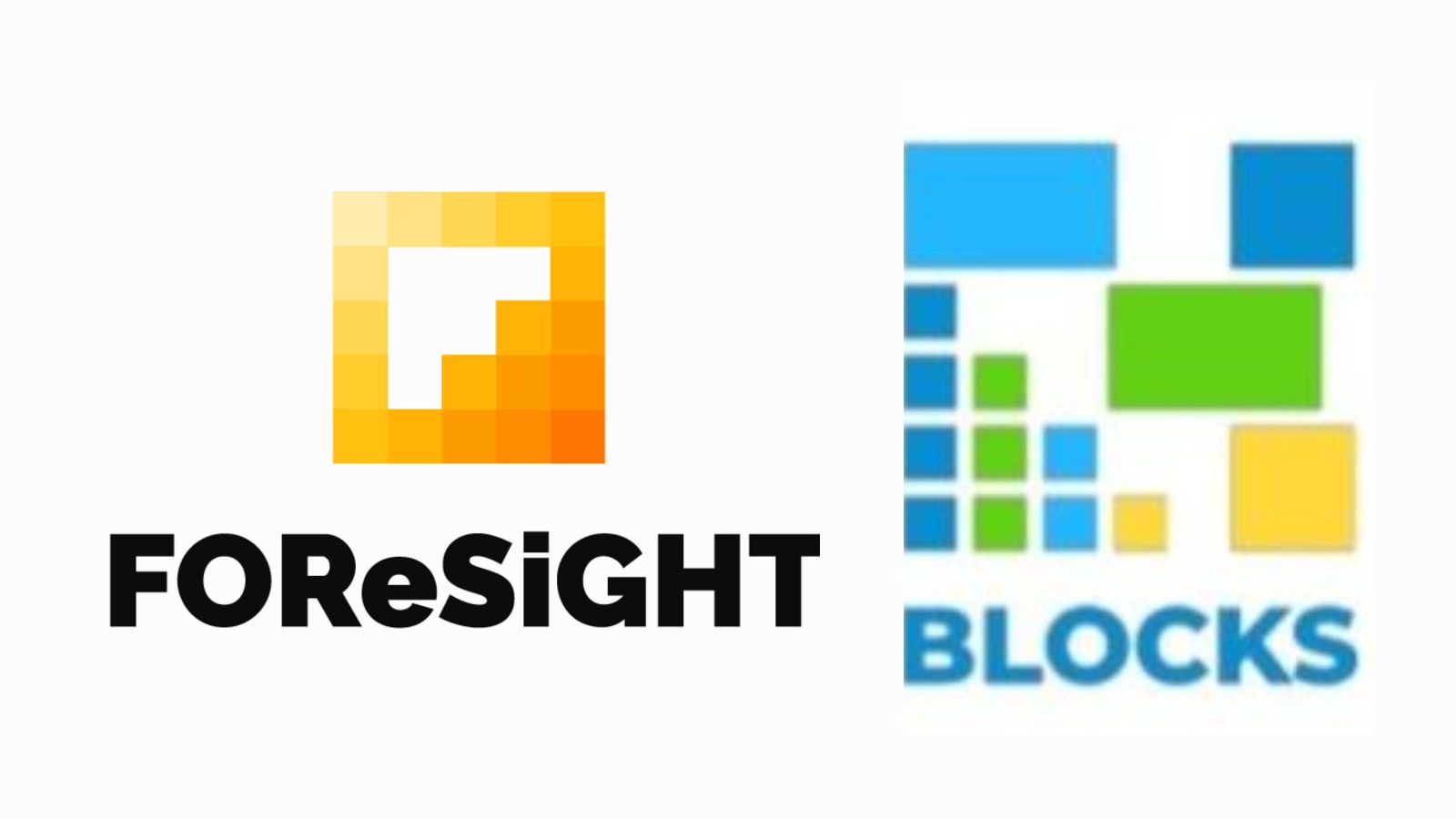26
DecemberTransitioning to a Data Science Career
The allure of data science lies in its ability to transform raw information into actionable insights, driving innovation across industries. If you're contemplating a shift into the dynamic realm of data science, you're embarking on a journey that holds immense potential. In this blog post, we'll explore the strategic steps and considerations for successfully transitioning into a data science career.
1. Self-Assessment: Mapping Your Skill Set and Motivations
Before setting sail on your data science odyssey, it's crucial to conduct a thorough self-assessment. Take stock of your existing skills, experiences, and motivations. Ask yourself:
- What technical skills do I already possess?
- What aspects of data science am I most interested in (e.g., machine learning, data analysis, big data)?
- What motivates me to pursue a career in data science?
This self-reflection will guide your transition strategy and help you identify areas for skill development.
2. Skill Development: Bridging the Gap
Armed with insights from your self-assessment, outline a skill development plan to bridge the gap between your current abilities and the requirements of a data science role. Key skills to consider include:
Programming Languages: Learn languages commonly used in data science, such as Python or R. Platforms like Codecademy, Coursera, or DataCamp offer beginner-friendly courses.
Statistics and Mathematics: Brush up on foundational statistical concepts and mathematical principles. Online platforms like Khan Academy or edX provide excellent resources.
Data Manipulation and Analysis: Familiarize yourself with tools like Pandas and NumPy for data manipulation. Consider completing projects to gain practical experience.
Machine Learning: Explore machine learning concepts and algorithms. Platforms like Kaggle offer datasets for hands-on practice, and courses on platforms like Coursera or Udacity provide comprehensive learning paths.
3. Education Options: Degrees, Certifications, or Bootcamps?
Decide on the educational pathway that aligns with your goals and constraints. Consider:
Traditional Degrees: Pursuing a Master's or Ph.D. in Data Science or a related field provides in-depth theoretical knowledge. Universities such as Stanford, MIT, and others offer renowned programs.
Certifications: Specialized certifications (e.g., from Microsoft, Google, or IBM) focus on specific skills or tools. These can be a targeted and cost-effective way to enhance your resume.
Bootcamps: Intensive, short-term bootcamps (e.g., General Assembly, Flatiron School) emphasize hands-on learning and practical skills. Ideal for those seeking a rapid transition.
4. Build a Portfolio: Showcasing Your Capabilities
As you acquire skills, start building a portfolio to showcase your capabilities. Include:
Projects: Undertake data science projects to apply your skills in real-world scenarios. Projects might involve data analysis, machine learning models, or data visualizations.
GitHub Repository: Create a GitHub repository to host your code and projects. This serves as a tangible demonstration of your technical prowess for potential employers.
Blog or Personal Website: Share your insights and experiences through a blog or personal website. This demonstrates your ability to communicate complex concepts and findings.
5. Networking: Engaging with the Data Science Community
Networking is a powerful catalyst for a successful transition. Participate in:
Online Communities: Join forums like Kaggle, Stack Overflow, or Reddit to connect with fellow data enthusiasts and professionals. Engage in discussions, seek advice, and share your experiences.
Meetups and Conferences: Attend local meetups or virtual conferences to meet industry professionals, learn about the latest trends, and gain valuable insights.
LinkedIn: Optimize your LinkedIn profile to highlight your transition journey, skills, and projects. Connect with professionals in the data science field for mentorship and guidance.
6. Internships and Freelance Opportunities: Gaining Practical Experience
Practical experience is invaluable. Explore:
Internships: Seek internships, even if unpaid, to gain hands-on experience and exposure to real-world data science projects.
Freelance Platforms: Platforms like Upwork or Freelancer offer opportunities to work on data science projects for various clients, enhancing your practical skills.
7. Stay Informed: Continuous Learning in a Dynamic Field
Data science is ever-evolving, and staying informed is essential. Adopt a mindset of continuous learning:
Follow Industry Trends: Subscribe to blogs, podcasts, and newsletters to stay updated on the latest developments, tools, and techniques in data science.
Online Courses: Enroll in short online courses or webinars to stay abreast of emerging technologies or methodologies. Data Science Course in Pune
Conclusion: Embarking on Your Data Science Adventure
Transitioning into a data science career is an exhilarating journey that demands dedication, resilience, and strategic planning. By conducting a thorough self-assessment, developing essential skills, choosing the right education path, building a compelling portfolio, networking with the community, gaining practical experience, and embracing continuous learning, you position yourself for success in the dynamic and rewarding field of data science. As you embark on this adventure, remember that each step contributes to your growth and expertise, propelling you toward a fulfilling and impactful career in the world of data.
